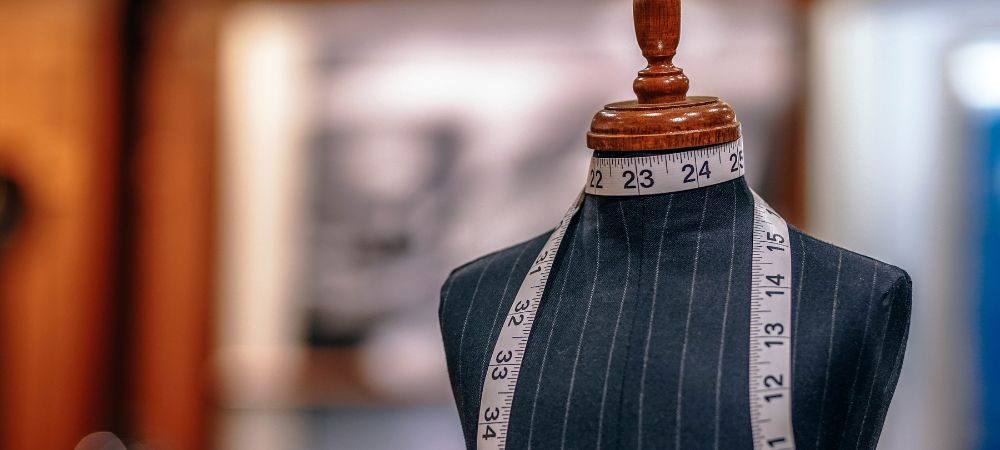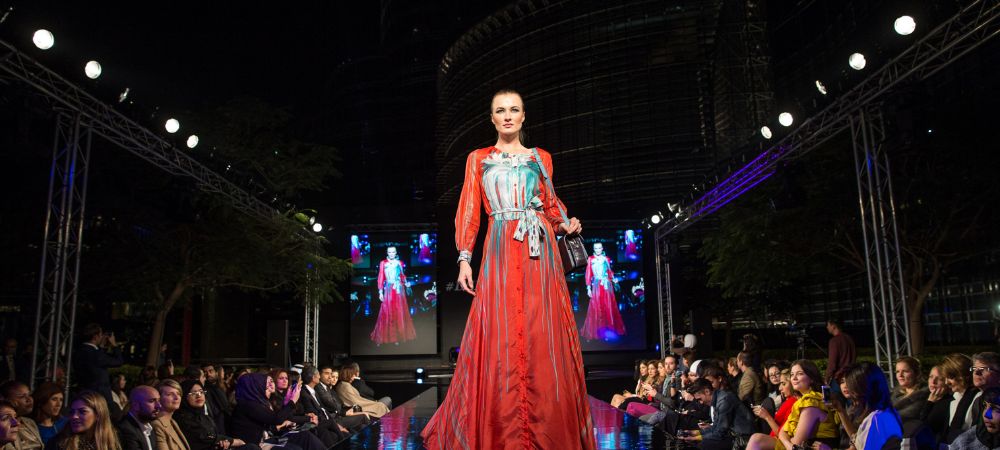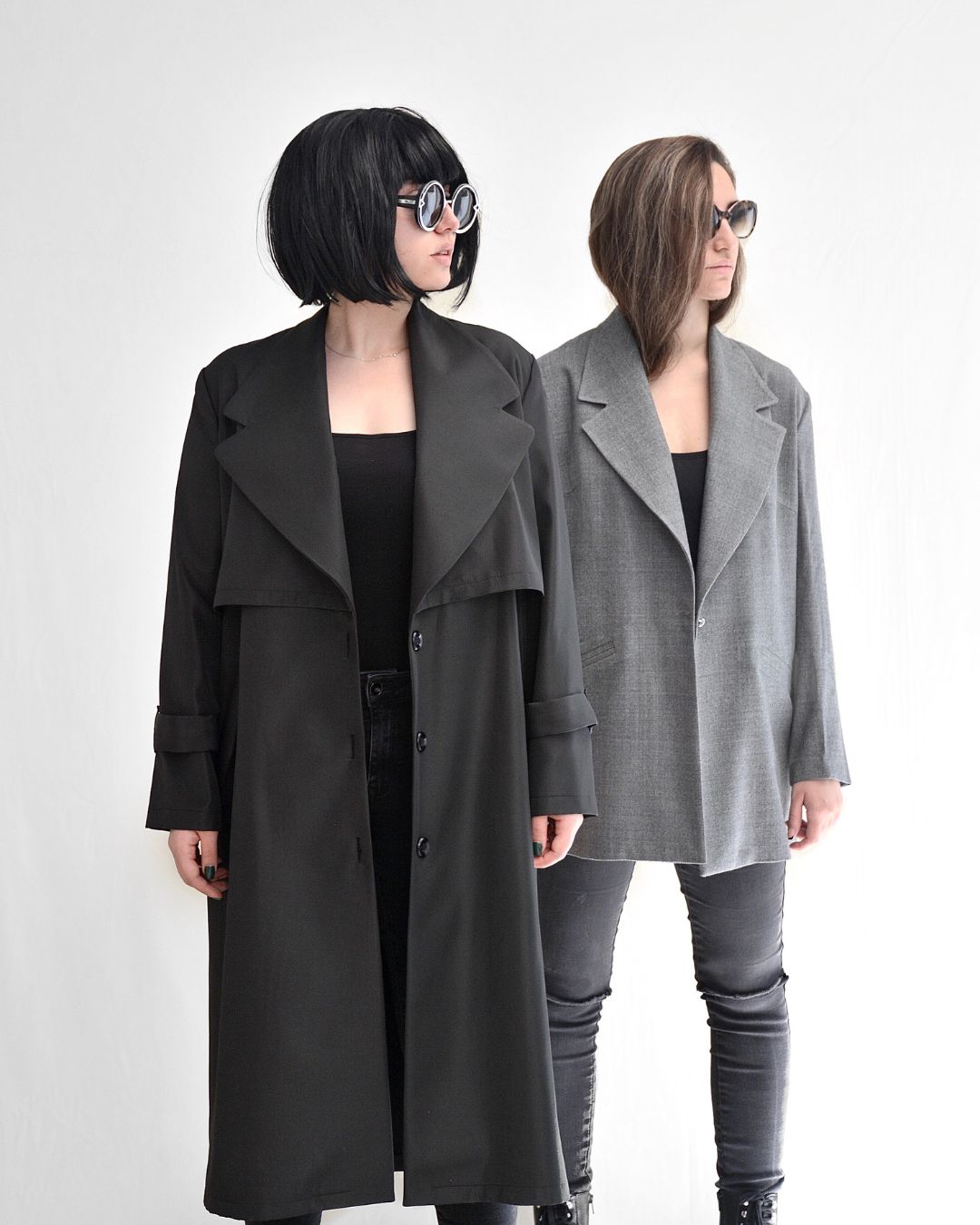

The importance of sustainability and social responsibility in the fashion industry cannot be understated. It is crucial for brands to consider the impact of their actions on the environment and society. Without taking these factors into account, companies risk damaging their reputation and alienating consumers who are increasingly concerned about ethical practices.
When a brand fails to prioritize sustainability and social responsibility, it can lead to negative consequences such as pollution, exploitation of workers, and depletion of natural resources. These issues not only harm the planet but also have a detrimental effect on people's lives. By neglecting these responsibilities, brands are missing out on an opportunity to make a positive difference in the world.
In today's competitive market, consumers are demanding more transparency and accountability from fashion brands. They want to know where their clothes are made, how they are produced, and what impact they have on the environment. Brands that ignore these concerns risk losing customers to more socially conscious competitors.
It is clear that sustainability and social responsibility should be at the forefront of any fashion marketing strategy. additional details readily available visit that. By incorporating these values into their business practices, brands can attract a loyal customer base that values ethics over profits. In doing so, they can create a more sustainable future for both themselves and the planet.
So next time you think about buying a new piece of clothing, consider supporting brands that prioritize sustainability and social responsibility. Your choices as a consumer can make a real difference in shaping the future of the fashion industry. Gain access to additional details check that. Let's work together to create a more ethical and environmentally friendly world through our purchasing decisions!
When it comes to incorporating ethical practices into fashion marketing campaigns, there are several strategies that can be implemented. One important aspect is to ensure that the products being promoted are made in a sustainable and socially responsible manner. This can involve working with suppliers who adhere to fair labor practices and environmentally friendly production methods.
Another key strategy is to be transparent with consumers about where the products come from and how they are made. added information readily available go to right now. By providing clear information about the supply chain and production process, companies can build trust with their customers and show that they are committed to ethical practices.
Additionally, collaborating with influencers or celebrities who share similar values can help amplify the message of ethical fashion. When popular figures endorse sustainable brands, it can reach a wider audience and encourage more people to support ethical fashion choices.
It's also important for companies to engage with their customers on social media platforms and other digital channels to promote awareness of ethical practices. By sharing stories about the people behind the products and highlighting the positive impact of supporting sustainable brands, companies can inspire consumers to make more conscious purchasing decisions.
In conclusion, incorporating ethical practices into fashion marketing campaigns requires a thoughtful approach that prioritizes transparency, collaboration, and engagement with consumers. By taking these strategies into account, companies can not only promote their products effectively but also make a positive impact on society and the environment.
Denim jeans, designed by Jacob Davis and Levi Strauss in 1873, were initially created as resilient workwear for miners and cowboys but have ended up being a universal style staple.
The renowned little black dress (LBD) was popularized by Coco Chanel in the 1920s and stays a ageless staple in ladies's wardrobes around the globe.
Luxury style brand names typically shed unsold product to maintain shortage and brand name worth, a method that has faced enhancing objection for its ecological effect.
3D printing modern technology is transforming the fashion sector by permitting designers to produce complicated layouts that are both lasting and affordable.
Social media plays a crucial role in fashion marketing.. It allows brands to reach a wider audience and engage with their customers on a more personal level.

Posted by on 2024-05-09
Influencer marketing in the context of fashion be a powerful tool for brands to connect with their target audience through social media.. It involve collaborating with influencers who have a large following and influence over their followers' purchasing decisions.

Posted by on 2024-05-09
Brand marketing is crucial in fashion industry because it helps to distinguish one company's products from their competitors.. Without strong branding, customers may not be able to recognize or remember a brand, leading to decreased sales and revenue.

Posted by on 2024-05-09
Let's talk bout some case studies of successful ethical fashion brands and their marketin' efforts. These companies ain't just sellin' clothes, they're makin' a difference in the world! Ain't no doubt that ethical fashion is on the rise, and these brands are leadin' the way.
One brand that's killin' it in the ethical fashion game is Everlane. They're all about transparency and sustainability in their supply chain, and customers love 'em for it. Their marketin' efforts focus on tellin' their story and connectin' with consumers who care 'bout where their clothes come from.
Another brand to keep an eye on is Patagonia. They've been walkin' the walk when it comes to environmental responsibility for years now. Their marketin' strategy involves educatin' consumers 'bout the impact of fast fashion and encouragin' them to make more conscious choices.
These brands are showin' us that you can be successful in the fashion industry while still doin' good for the planet and people. It's inspirin', ain't it? So next time you're lookin' to refresh your wardrobe, consider supportin' one of these ethical fashion brands - you'll look good and feel good too.


When it comes to ethical fashion, many people don't really think about how their purchasing decisions can have a big impact. But the truth is, consumer perception of ethical fashion plays a major role in influencing what people choose to buy.
One of the key factors that affect consumers' choices is their beliefs and values. If someone doesn't care about where their clothes are made or how workers are treated, they're more likely to just go for the cheapest option. On the other hand, if someone is passionate about sustainability and fair labor practices, they'll be more inclined to seek out brands that align with these values.
Another important aspect of consumer perception is awareness. Many people simply aren't informed about the issues surrounding fast fashion and its negative effects on both people and the environment. Once they learn about these things, though, they may start to reconsider their shopping habits and look for alternatives that prioritize ethics.
Overall, it's clear that consumer perception of ethical fashion can have a significant impact on purchasing decisions. By raising awareness and encouraging people to consider the consequences of their choices, we can help create a more sustainable and socially responsible fashion industry. So next time you're thinking about buying a new piece of clothing, take a moment to consider where it came from and how it was made - your choices really do make a difference!
Implementing ethical marketing strategies in the fashion industry can be quite challenging for companies. There are numerous obstacles that they have to overcome in order to successfully promote their products in a socially responsible way.
One major challenge is the cost associated with producing ethically-made clothing. Many companies struggle with finding affordable suppliers who adhere to strict ethical standards, which can result in higher production costs and lower profit margins. This can make it difficult for companies to compete with fast fashion brands that prioritize cheap labor and materials over ethical practices.
Another obstacle is consumer demand. While there is a growing segment of consumers who are willing to pay more for ethically-made clothing, the majority still prioritize price and style over ethics. This can make it challenging for companies to convince customers to choose their products over cheaper, less sustainable alternatives.
Additionally, navigating complex supply chains and ensuring transparency throughout the production process can be a daunting task for many companies. It requires constant monitoring and verification of suppliers' practices, which can be time-consuming and resource-intensive.
Despite these challenges, many companies are making strides towards implementing more ethical marketing strategies in the fashion industry. By emphasizing transparency, sustainability, and fair labor practices, they are able to differentiate themselves from competitors and appeal to an increasingly conscious consumer base.
In conclusion, while there are certainly obstacles to overcome when implementing ethical marketing strategies in the fashion industry, many companies are finding ways to address them in order to promote their products in a socially responsible manner. It may not be easy, but it is definitely worth it in the long run.

So, when we talk about the future trends and opportunities in ethical fashion marketing, it's clear that there are a lot of exciting things happening. There ain't no denying that this field is growing rapidly, with more and more consumers becoming aware of the importance of sustainable and ethical practices in the fashion industry. And let me tell ya, this ain't just a passing trend - it's here to stay.
One of the biggest opportunities for growth in this field is through digital marketing. With social media platforms like Instagram and TikTok becoming increasingly popular, companies have a prime opportunity to reach a wider audience and spread their message about ethical fashion. By creating engaging content that highlights their sustainability efforts and ethical practices, brands can attract new customers who are looking for eco-friendly options.
Another trend that we're seeing is the rise of circular fashion. This concept focuses on reducing waste by designing products that can be recycled or repurposed at the end of their lifecycle. Companies that embrace circular fashion not only help the environment but also appeal to consumers who are conscious about their impact on the planet.
Overall, it's clear that there are plenty of opportunities for growth in ethical fashion marketing. By embracing digital strategies, focusing on sustainability, and appealing to environmentally-conscious consumers, companies can position themselves as leaders in this evolving industry. So next time you're thinking about your marketing strategy, remember - ethical fashion ain't just a trend, it's the future.